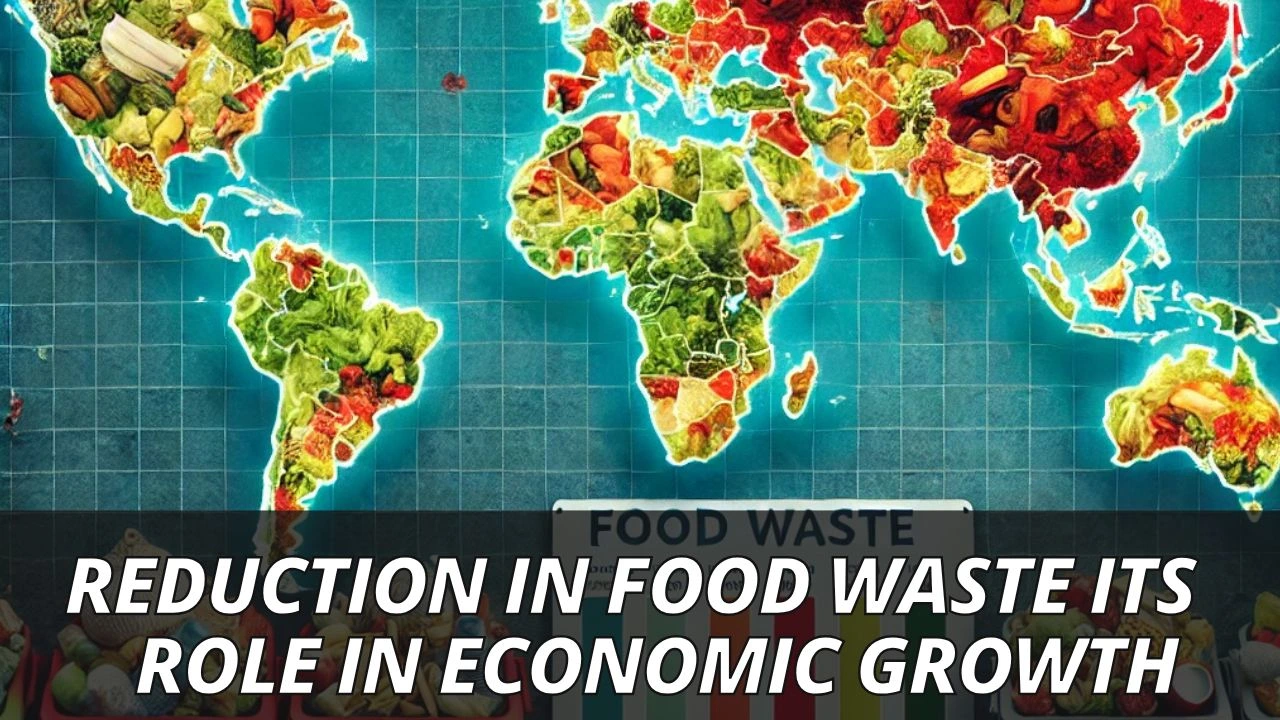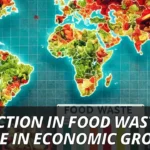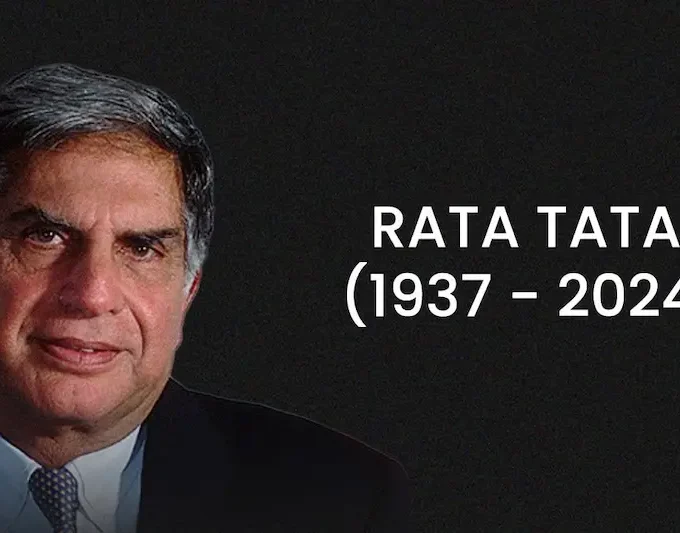@infoinsightwave
Business
 infoinsightwave.comNovember 25, 20248 Mins read103 Views
infoinsightwave.comNovember 25, 20248 Mins read103 Views
How Reducing Food Waste Can Skyrocket Economic Growth and Save the Planet!

Recent Posts
Related Articles
Business
Elon Musk Made Dogecoin Explode—Here’s How
When it comes to cryptocurrencies, few names generate as much buzz as...
Byinfoinsightwave.comNovember 23, 2024
Business
What is trading business?
Trading has been one of the oldest forms of commerce; most of...
Byinfoinsightwave.comOctober 14, 2024
BusinessNews
Tribute to Mr. Ratan Tata: A Visionary Leader Who Changed India and the Whole World
It’s the end of an era for Ratan Tata, one of India’s...
Byinfoinsightwave.comOctober 10, 2024
BusinessNews
Ratan Tata Shaped India’s Global Business Giant
Born on 28 December 1937, Ratan Naval Tata is a renowned name...
Byinfoinsightwave.comOctober 9, 2024









Leave a comment